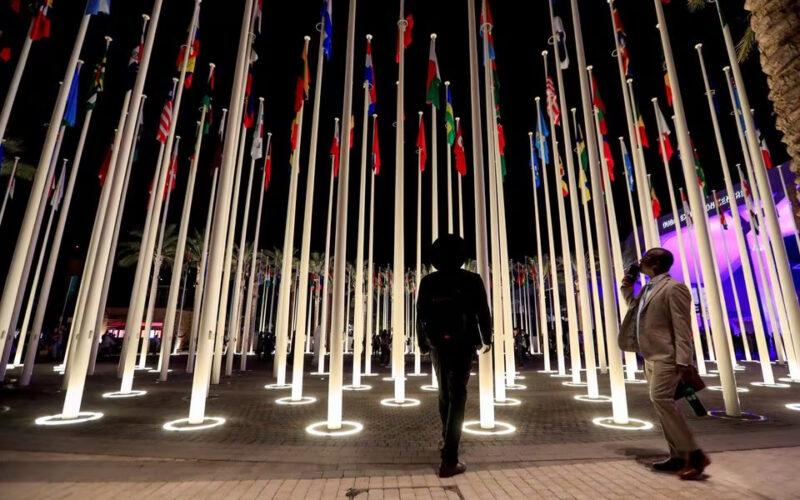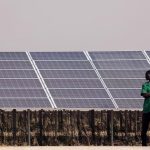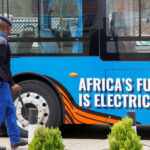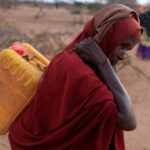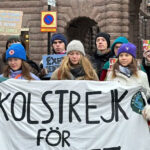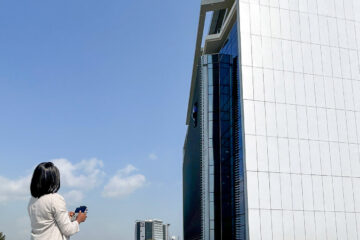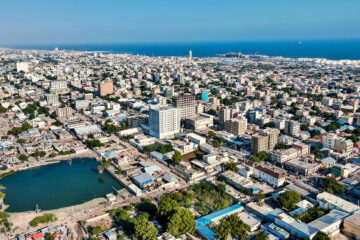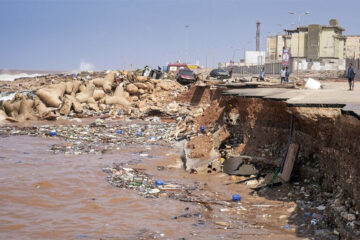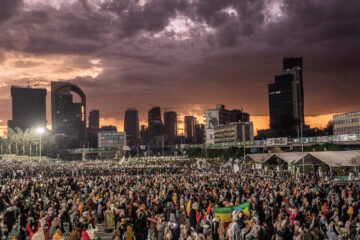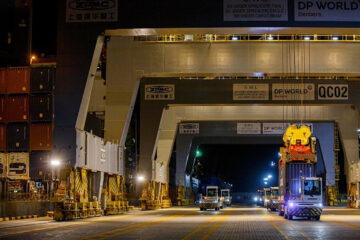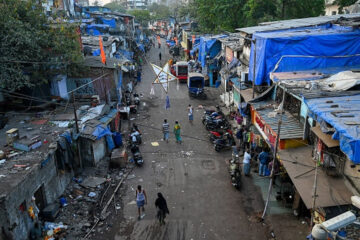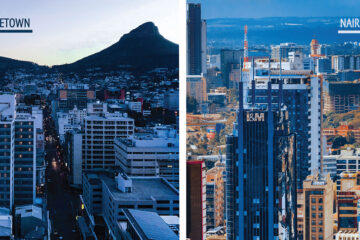CITIES are receiving only a fraction of the climate finance they need, especially in low-income countries, according to a study published on the sidelines of the COP28 climate talks.
The Cities Climate Finance Leadership Alliance (CCFLA) said cities are on the front line of climate hazards and responsible for three-quarters of global emissions, but multilateral development banks (MDB) needed to adopt new strategies to address a gaping financing gap.
Cities were receiving only 1% of the climate finance they required, which is estimated to be as high as $5.4 trillion per year up to 2030, according to the study, the first-ever review of urban finance from major multilateral development banks.
The proportion of MDB financing dedicated to urban-related climate projects stood at $62 billion from 2015 to 2022, or 21% of the total, despite rapid rates of urbanisation across the globe, the study said after analysing data from 815 urban climate-related projects financed by MDBs over the period.
Though they are among the most climate-vulnerable, cities in sub-Saharan Africa, the Middle East and North Africa received an especially low share of urban climate finance, with the study citing issues like creditworthiness and restricted access to capital markets.
It called on development banks to make more concessional funding available in order to de-risk investments.

